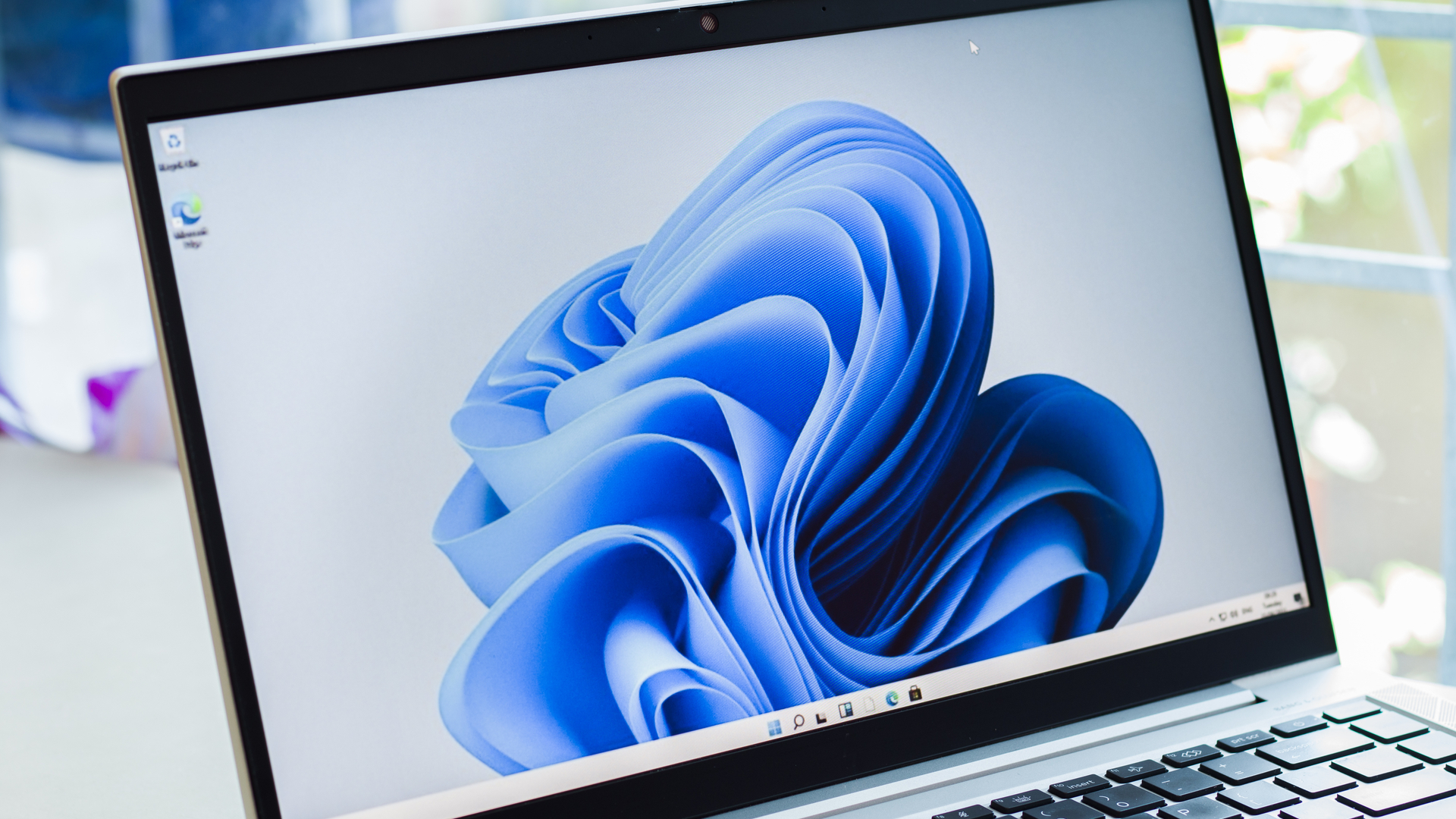Microsoft is changing the way it updates Windows – and it’s starting to sound like Windows 12 won’t happen
Microsoft is wary of fragmenting the Windows user base too much, apparently

Windows 12 may not be happening after all, or at least that seems to be the way the rumor mill is suddenly tilting – and Microsoft is also changing how it’ll update its desktop OS in the future, we’re told.
This fresh info comes from Zac Bowden of Windows Central, a well-known leaker on all things Microsoft.
Bowden tells us that the next version of Windows (codenamed Hudson Valley) will be highly AI-focused (quelle surprise) and Microsoft is planning to launch it in September or October 2024 – but the final name is a marketing decision that hasn’t yet been made.
However, the leaker claims that sources inside Microsoft are doubtful as to whether it’ll be Windows 12. The reason? Microsoft is apparently wary of fragmenting the user base further with another release that has a different name – and we totally get where that line of thought is coming from (we’ll return to discuss that shortly).
This doesn’t rule out Windows 12, of course, but it certainly sounds like Microsoft is edging towards sticking with another release of Windows 11 for the next incarnation.
Bowden also chews over purported changes to the way Windows updates are delivered, and sources inside Microsoft have indicated that there’ll be a return to a big annual feature update – with fewer ‘Moment’ (smaller) feature updates.
Currently, we’re getting a raft of Moment updates – we’re up to Moment 4 this year, with a fifth planned for February or March next year – and an annual upgrade (23H2 this year) which was somewhat smaller in terms of its feature count (as lots of features had been introduced with those Moment updates already).
Sign up for breaking news, reviews, opinion, top tech deals, and more.
Next year, with fewer Moment updates – we’re told these will still exist, but will be used “sparingly” – the big upgrade for later in 2024 (Hudson Valley) will be a chunkier affair. In short, Microsoft is putting more emphasis on the major annual update going forward, or that’s the theory.
Analysis: Two buckets are better than three
So, if Microsoft goes the route of making Hudson Valley an all-new release called Windows 12 (or another alternative – Windows AI, maybe), what’s the danger of fragmentation referred to here?
Well, if Windows 12 came out next year, we’d have a bunch of folks leaping to that OS, a bunch still on Windows 11, and a whole load of users still running Windows 10 (stuck behind a hardware upgrade barrier in many cases – either because they don’t have TPM functionality on their PC, or their CPU is too old).
This would be diluting the user base over three buckets instead of two, if you will, which does feel like a clumsy approach, and servicing all this will end up a clunkier, harder-to-manage process, too.
Funnily enough, we just saw a leak suggesting Windows 11 24H2 is incoming, which is what the name of Hudson Valley will doubtless be if Microsoft sticks with Windows 11 – so this lends a bit more weight to the speculation here.
Again, this doesn’t rule out Windows 12, of course – but it is starting to feel somewhat less likely.
You might also like...
Darren is a freelancer writing news and features for TechRadar (and occasionally T3) across a broad range of computing topics including CPUs, GPUs, various other hardware, VPNs, antivirus and more. He has written about tech for the best part of three decades, and writes books in his spare time (his debut novel - 'I Know What You Did Last Supper' - was published by Hachette UK in 2013).